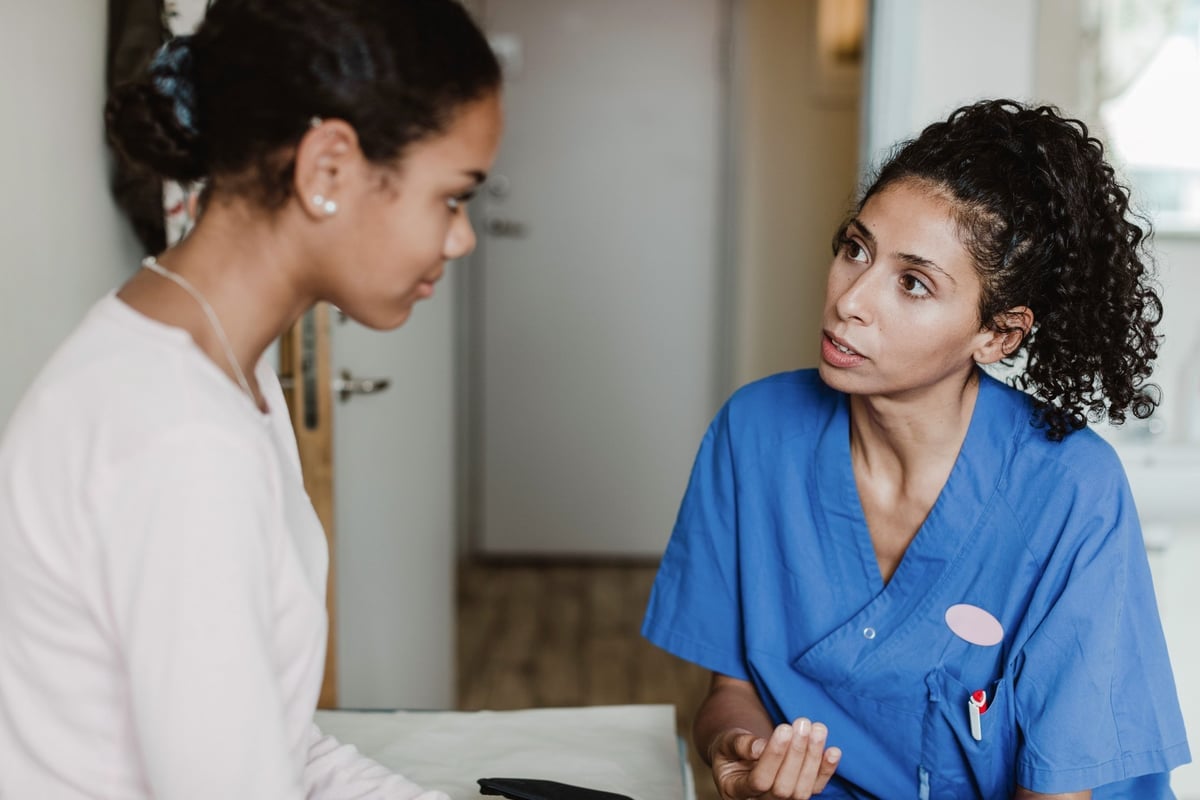
Let's do a role play! Come on, join in. You know how it goes!
Doctor: Have you ever had unprotected sex?
You: Oh, me? Nope. Never had unprotected sex. My goodness. What a question! Moving on.
Doctor: And smoking. Do you smoke?
You: Ew! No. Never.
Doctor: Well, the results are in - and you have an STI.
You:
Doctor: And... I saw you smoking outside.
You: I... um. *Checks phone*.
Give or take a few things, does this sound familiar?
You guys! Not cool.
Even if it seems harmless, telling fibs to your doctor so they won't get mad at you/judge you, is not a thing you should do. Like, ever.
Watch: Fiona O'Loughlin shares how alcoholism has impacted her life. Post continues below.
Having an honest relationship with your doctor is actually super crucial, and it can help protect this little thing called your HEALTH.


Top Comments